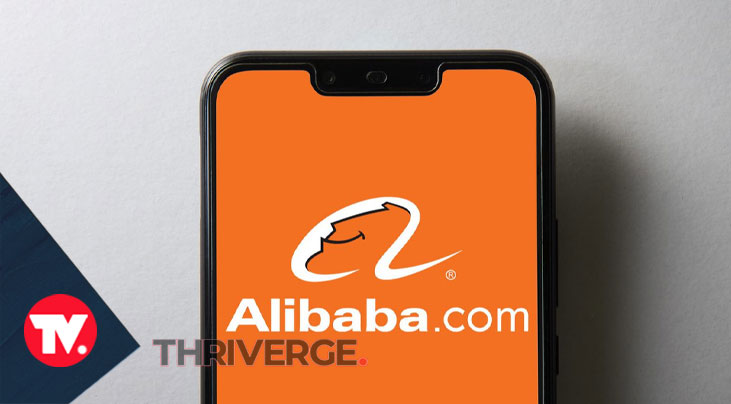China directed Alibaba, the world’s largest retailer and e-commerce company, to pay a fine of 18.2 billion yuan ($2.8 billion) following remarks from antitrust regulators.
The antitrust regulators remarked that the online shopping company has behaved like a monopoly.
On Saturday, the Chinese state media reported:
The Administration for Market Regulation imposed the fine after an antitrust investigation into the “exclusive dealing agreements” of Alibaba. The “exclusive dealing agreements” stop retailers from selling their products on the rival e-commerce company’s platform. This practice is known as choosing one company.
The fine imposed on Alibaba is equal to its 4% sales in 2019 in China, as reported by Xinhua, the state news agency. A previously recorded penalty was made to Qualcomm, the American chipmaker, in 2015.
In recent months, the screws have been getting tightened on the national tech champions in China by Beijing. It is a component of the regulatory crackdown, which President Xi Jinping described as the top priority for 2023. In March, Xi urged officials to put all their effort into regulating online companies, ensuring they are maintaining social stability.
Alibaba is one of China’s most famous and successful businesses. It was co-founded by the noted entrepreneur Jack Ma.
By imposing such a record fine on a high-profile company, it’s clear that the Chinese regulators are sending their message to other noted companies in China.
In November of last year, when he faced conviction by Chinese regulators, Ant Group, Alibaba’s financial affiliate, had to halt its plans to become the world’s largest IPO. Since then, Ma has chosen to maintain a low profile.
Since then, and Ant Group, Ma only made a brief public appearance. The company that owns the digital payment application Alipay was ordered to improve its business.
On Sunday, Alibaba published an open letter saying that the company had co-operated with the inquiry and endured the penalty ‘with sincerity and will ensure our compliance with determination.’
They further added:
“Alibaba would not have achieved our growth without sound government regulation and service, and the critical oversight, tolerance, and support from all of our constituencies have been crucial to our development. For this, we are full of gratitude and respect. It is not lost on us that today’s society has new expectations for platform companies, as we must assume more responsibilities as part of the nation’s economic and social development.”
Beijing is concerned that tech companies have a lot of influence over the financial sector, making the industry weak.
For example, the Ant Group now has held over more than half of the mobile payments in the Chinese market, and officials are looking for a method to stop them.
Next can be other tech companies.
Regulators also questioned other executives at Pinduoduo and Tencent.
Furthermore, TikTok owners also got fined for having alleged monopoly behavior.
Tencent is also facing investigation for having a monopolistic practice on its WeChat app.
Tencent Company, which has held over a lot of online payments and owns a lot of famous mobile games in China, last month in a statement that it met with regulators voluntarily.
Did China hit Alibaba with a record $2.8 billion fine for behaving like a monopoly?
China just fired a huge shot across the bow of its biggest internet giants. On Saturday, they slapped e-commerce titan Alibaba with a mind-blowing $2.8 billion fine for antitrust violations – the biggest penalty of its kind ever.
This record-shattering sanction makes it crystal clear that China’s regulators have the biggest online players directly in their crosshairs. It’s a wake-up call to the high-flying Chinese internet industry that the days of little government oversight are ancient history.
The takeaway for giants like Alibaba and Tencent is loud and clear: You’re officially on notice. Don’t even think about using your power and clout to squash competition or cut shady deals. Big Brother is watching now – and with $2.8 billion fines in their arsenal, they definitely mean business.





